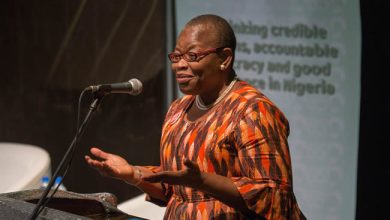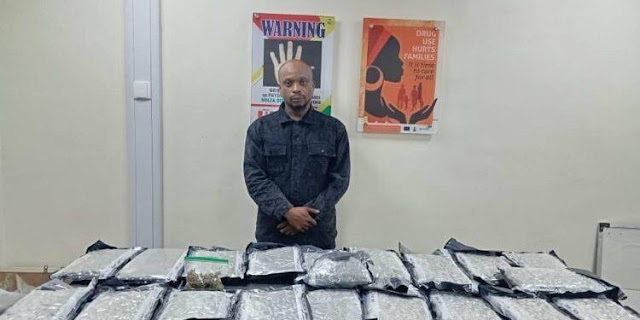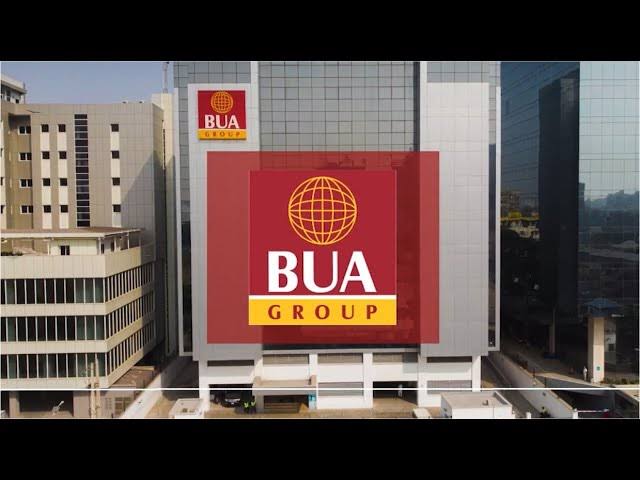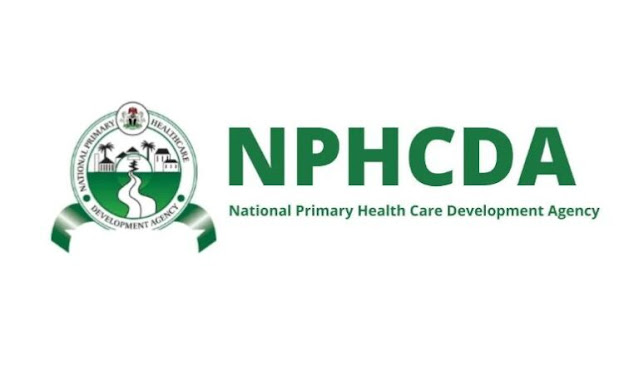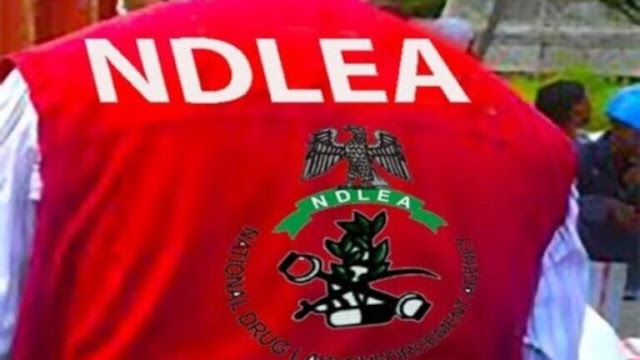In a sobering reflection on the state of governance in Nigeria, Oby Ezekwesili, a renowned economist, former Minister of Education, and anti-corruption advocate, has decried the pervasive and systemic nature of corruption in the country. Speaking at a recent public event, Ezekwesili lamented that corruption has not only persisted but has become so widespread that it is now “democratized,” permeating every level of society and governance. Her remarks underscore the urgent need for a collective effort to address a malaise that continues to undermine Nigeria’s development and erode public trust in institutions.
The Democratization of Corruption: A Growing Crisis
Ezekwesili’s characterization of corruption as “democratized” paints a vivid picture of a societal ill that has transcended the confines of elite circles and seeped into the fabric of everyday life. No longer limited to high-profile government officials or corporate executives, corrupt practices have become a normalized feature of interactions across public and private sectors. From petty bribery in local government offices to large-scale embezzlement in federal agencies, corruption has become a way of life for many, perpetuating a cycle of inefficiency, inequality, and underdevelopment.
In her address, Ezekwesili emphasized that the democratization of corruption implies its accessibility to individuals at all levels of society. “It is no longer just the big players engaging in corrupt practices,” she stated. “From the lowest civil servant to the highest officeholder, corruption has become a shared enterprise, a distorted norm that many Nigerians have come to accept as inevitable.” This normalization, she argued, is one of the most dangerous aspects of the crisis, as it erodes the moral and ethical foundations of society.
The implications of this phenomenon are far-reaching. Corruption, once seen as the preserve of those in power, now manifests in everyday transactions: a bribe to secure a government contract, a payoff to bypass bureaucratic red tape, or even a small “tip” to expedite services at a public office. This pervasive culture of corruption has created a system where merit and hard work are often sidelined, and shortcuts through illicit means are rewarded. For a nation with immense potential and abundant resources, this reality is a tragic barrier to progress.
Historical Context: Corruption’s Roots in Nigeria
To understand the depth of Nigeria’s corruption crisis, it is essential to examine its historical roots. Since gaining independence in 1960, Nigeria has grappled with systemic governance challenges, many of which stem from the mismanagement of its vast oil wealth. The discovery of oil in the 1950s transformed Nigeria into one of Africa’s economic powerhouses, but it also ushered in an era of rent-seeking behavior and resource mismanagement. Political elites, eager to control the nation’s oil revenues, established patronage networks that rewarded loyalty over competence, laying the groundwork for a culture of corruption.
Over the decades, successive administrations have been plagued by allegations of graft, embezzlement, and abuse of power. Military regimes, in particular, were notorious for their lack of accountability, with leaders amassing personal fortunes while public infrastructure crumbled. The return to democratic rule in 1999 brought hope for reform, but the persistence of corrupt practices has continued to undermine democratic institutions. High-profile scandals, such as the misappropriation of funds in the fuel subsidy program and the looting of public coffers by elected officials, have only deepened public disillusionment.
Ezekwesili’s critique is not new, but her framing of corruption as “democratized” adds a fresh perspective to the discourse. By describing it as a phenomenon that has infiltrated all levels of society, she highlights the need for a holistic approach to reform—one that goes beyond targeting high-profile offenders to addressing the systemic factors that enable corruption to thrive.
The Economic and Social Costs of Corruption
The consequences of Nigeria’s corruption epidemic are staggering, affecting virtually every aspect of national life. Economically, corruption diverts resources away from critical sectors such as healthcare, education, and infrastructure. Nigeria, despite being Africa’s largest economy, ranks poorly on global indices of human development. According to the United Nations Development Programme’s 2023 Human Development Index, Nigeria ranks 163 out of 191 countries, a reflection of the systemic failures exacerbated by corruption.
In the education sector, where Ezekwesili served as Minister from 2006 to 2007, the impact of corruption is particularly evident. Funds allocated for school infrastructure, teacher training, and educational materials are often siphoned off, leaving millions of children without access to quality education. The result is a cycle of poverty and illiteracy that perpetuates inequality and limits Nigeria’s potential to compete in a globalized economy.
Healthcare, too, has suffered immensely. Public hospitals are underfunded, poorly equipped, and often unable to provide basic services. Corruption in the procurement of medical supplies and the management of health budgets has led to preventable deaths and a reliance on foreign medical care among those who can afford it. The COVID-19 pandemic exposed these weaknesses, as Nigeria struggled to mobilize resources to combat the virus effectively.
Beyond economics, corruption has eroded public trust in institutions, fostering a sense of cynicism among citizens. When government officials are perceived as prioritizing personal gain over public welfare, citizens lose faith in the system, leading to apathy and disengagement. This, in turn, weakens the social contract, making it harder for governments to implement policies or mobilize support for reforms.
Ezekwesili’s Call to Action: A Collective Responsibility
In her remarks, Ezekwesili called for a collective effort to combat corruption, emphasizing that the responsibility lies not only with the government but with every Nigerian. She urged citizens to reject the normalization of corrupt practices and to demand accountability from their leaders. “We cannot continue to accept corruption as a way of life,” she said. “It is a choice, and we must choose differently if we are to build a Nigeria that works for all.”
Her call to action resonates with a growing movement of Nigerians who are demanding transparency and accountability. Civil society organizations, youth groups, and advocacy networks have increasingly taken up the mantle of anti-corruption activism, using social media and public protests to highlight cases of graft and push for reform. The #EndSARS protests of 2020, while primarily focused on police brutality, also reflected broader frustrations with systemic corruption and governance failures.
Ezekwesili herself has been a leading voice in this movement. As a co-founder of Transparency International’s Nigeria chapter and the #BringBackOurGirls campaign, she has consistently advocated for systemic change. Her work with the School of Politics, Policy, and Governance (SPPG), which she referenced during her speech, aims to train a new generation of ethical leaders who can challenge the status quo and drive meaningful reform.
The Role of Institutions in Combating Corruption
While individual action is critical, Ezekwesili stressed the importance of strengthening institutions to address corruption effectively. Nigeria’s anti-corruption agencies, such as the Economic and Financial Crimes Commission (EFCC) and the Independent Corrupt Practices Commission (ICPC), have made strides in prosecuting high-profile cases, but their efforts are often hampered by political interference and inadequate funding. Ezekwesili called for greater independence for these agencies, as well as reforms to ensure that they operate transparently and efficiently.
Judicial reform is another critical area. The slow pace of Nigeria’s judicial system often allows corrupt individuals to evade justice through prolonged legal battles or loopholes. Strengthening the judiciary, ensuring the appointment of competent and impartial judges, and streamlining legal processes are essential steps toward holding corrupt officials accountable.
Legislative oversight also plays a crucial role. Nigeria’s National Assembly has the power to investigate allegations of corruption and hold public officials accountable, but it has often been accused of complicity in corrupt practices. Ezekwesili urged lawmakers to prioritize the public interest and enact laws that promote transparency, such as stronger whistleblower protections and public access to government financial records.
International Dimensions of Nigeria’s Corruption Crisis
Corruption in Nigeria is not solely a domestic issue; it has international dimensions that require global cooperation. Illicit financial flows, facilitated by offshore accounts and shell companies, have enabled corrupt officials to hide stolen wealth abroad. According to the African Union, Africa loses an estimated $88 billion annually to illicit financial flows, with Nigeria accounting for a significant portion of this figure.
Ezekwesili called for stronger international partnerships to combat this issue, including cooperation with organizations like the Financial Action Task Force (FATF) and the recovery of stolen assets. Countries such as the United Kingdom, Switzerland, and the United States, which are often destinations for illicit funds, have a responsibility to enforce anti-money laundering laws and return stolen assets to Nigeria.
At the same time, she cautioned against over-reliance on foreign intervention. “The fight against corruption must begin at home,” she said. “While international support is important, Nigerians must take ownership of the problem and drive the solutions.”
The Path Forward: A Multi-Pronged Approach
Addressing Nigeria’s corruption crisis requires a multi-pronged approach that combines institutional reform, civic engagement, and cultural change. Ezekwesili outlined several key strategies for moving forward:
Promoting Transparency and Accountability: Governments at all levels must adopt open budgeting practices, making financial records accessible to the public. Technologies such as blockchain and digital auditing tools can enhance transparency and reduce opportunities for fraud.
Empowering Civil Society: Grassroots organizations and media outlets play a vital role in exposing corruption and mobilizing public opinion. Supporting independent journalism and protecting whistleblowers are critical to sustaining this momentum.
Investing in Education and Ethical Leadership: By equipping young Nigerians with the knowledge and values needed to lead ethically, programs like the SPPG can create a pipeline of principled leaders who prioritize the public good.
Strengthening Legal Frameworks: Laws must be updated to address modern forms of corruption, such as cybercrime and money laundering. Penalties for corrupt practices should be enforced consistently, regardless of the offender’s status.
Fostering a Cultural Shift: Changing the societal acceptance of corruption requires a collective effort to promote integrity and civic responsibility. Public campaigns, religious institutions, and community leaders can play a role in reshaping attitudes toward corruption.
Challenges to Reform
Despite the urgency of the issue, reforming Nigeria’s corruption landscape is fraught with challenges. Political will is often lacking, as many beneficiaries of the current system have little incentive to support change. Vested interests, including powerful political and business elites, may resist efforts to disrupt the status quo. Additionally, the complexity of Nigeria’s federal system, with its multiple layers of government, complicates the implementation of uniform anti-corruption measures.
Public apathy is another hurdle. Years of disillusionment have led some Nigerians to view corruption as an intractable problem, reducing their willingness to engage in reform efforts. Overcoming this requires sustained efforts to rebuild trust and demonstrate tangible progress.
Economic constraints also pose a challenge. Nigeria’s economy, heavily reliant on oil, faces volatility that limits resources for anti-corruption initiatives. Diversifying the economy and reducing dependence on oil revenues could create a more stable environment for reform.
Conclusion: A Call for Collective Action
Oby Ezekwesili’s lament about the democratization of corruption in Nigeria serves as both a warning and a call to action. The pervasiveness of corruption threatens the nation’s future, undermining its potential to become a global leader. Yet, her message is not one of despair but of hope, rooted in the belief that Nigerians have the power to change the narrative.
The fight against corruption requires a collective effort—one that involves citizens, institutions, and the international community. By fostering transparency, strengthening institutions, and promoting ethical leadership, Nigeria can begin to dismantle the systems that perpetuate corruption. As Ezekwesili aptly stated, “The Nigeria we want is possible, but it will not come without deliberate and sustained effort.”
For a nation blessed with abundant human and natural resources, the stakes could not be higher. The time to act is now, and every Nigerian has a role to play in building a country where integrity prevails and opportunities abound for all.


